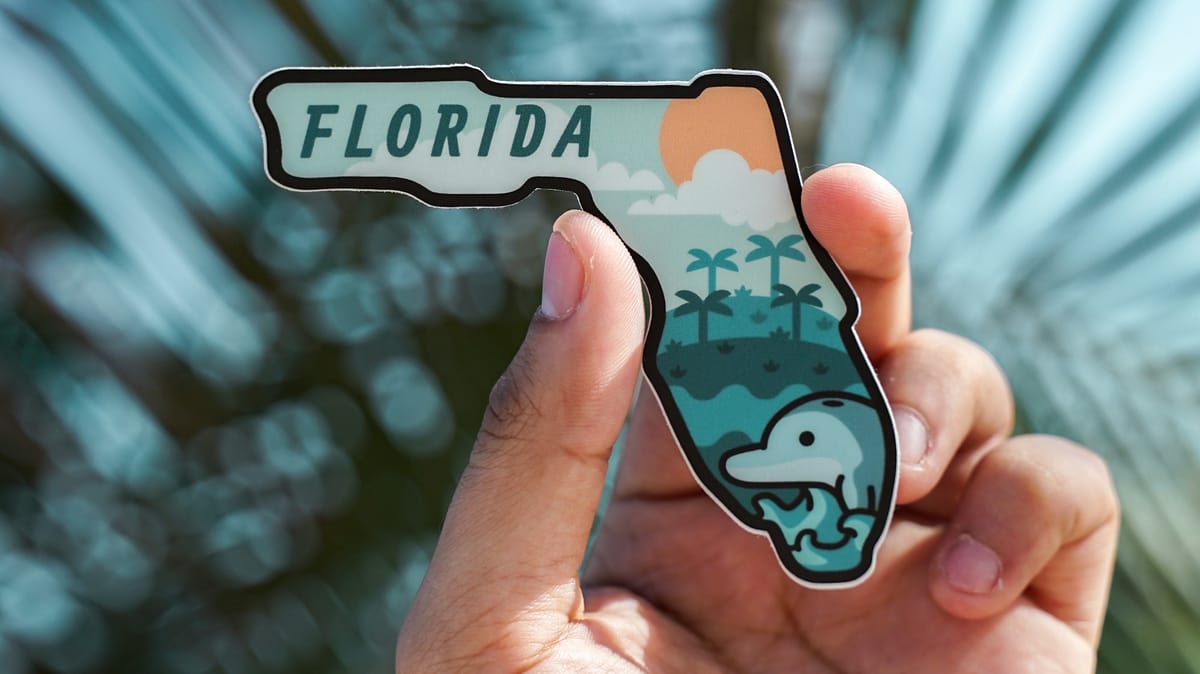Tampa, a canary in the coal mine for innovating urbanism

Tampa Bay is becoming a canary in the coal mine for the escalating climate crisis. For over a century, it has largely avoided Florida's most destructive hurricanes, but that might end with Hurricane Milton, which threatens a storm surge of up to 4.5 meters. The region’s vulnerability stems from its shallow seabed and densely built-up coastline, where much of the population lives just 3 meters above sea level.
Despite repeated warnings, critical infrastructure upgrades have been delayed or blocked. Governor Ron DeSantis has vetoed multiple flood defense projects, including those that would replace outdated stormwater systems, add emergency power backups, and restore natural defenses like mangrove forests, which are known to mitigate storm surges. These vetoed projects are leaving the area exposed just as it's about to face its most dangerous storm in a century.
Tampa Bay’s rapid growth—740,000 new residents since 2010—has placed even more people and infrastructure in harm's way. The potential damage from a once-in-a-century hurricane could reach €165 billion. Adding to the challenge, Tampa is still cleaning up from last month's Hurricane Helene, and debris left behind could block critical stormwater systems. One could see some dreadful irony in the fact that the state, which is now Donald Trump's home, is the most critical victim of climate change in the U.S., but it isn't easy to rejoice when so much is at stake for the rest of the population.
In any case, what’s happening in Tampa is a stark warning for other coastal cities and, if we're being optimistic about it, an ideal experiment zone to rush in innovative solutions for coastal urbanism. Fixing the region’s struggles with outdated infrastructure, rapid development, and environmental vulnerabilities could become a template to adapt new (and old) technologies. This is the new reality for urban centers across the globe that are similarly exposed to rising sea levels and extreme weather events. Tampa is showing us what’s at stake if we don’t adapt—and fast.
Innovation at the scale of society is rarely– if ever–proactive. Sadly, we must witness drama, crisis, and dread before some of our most critical problems become tangible.
Emergency urbanism might now become a thing.


